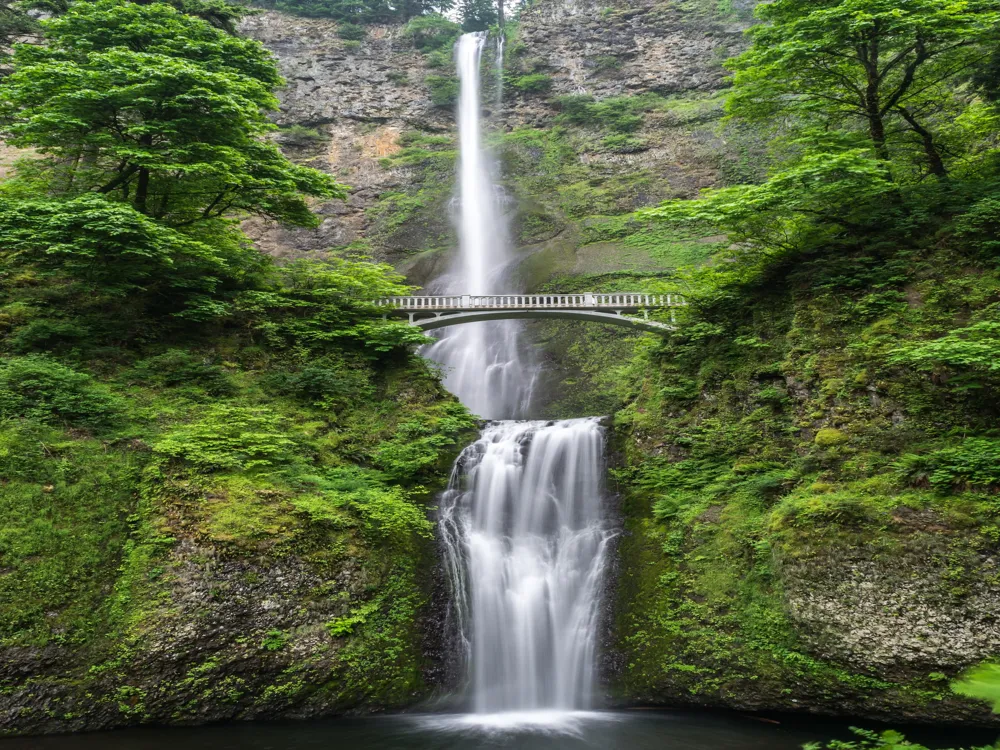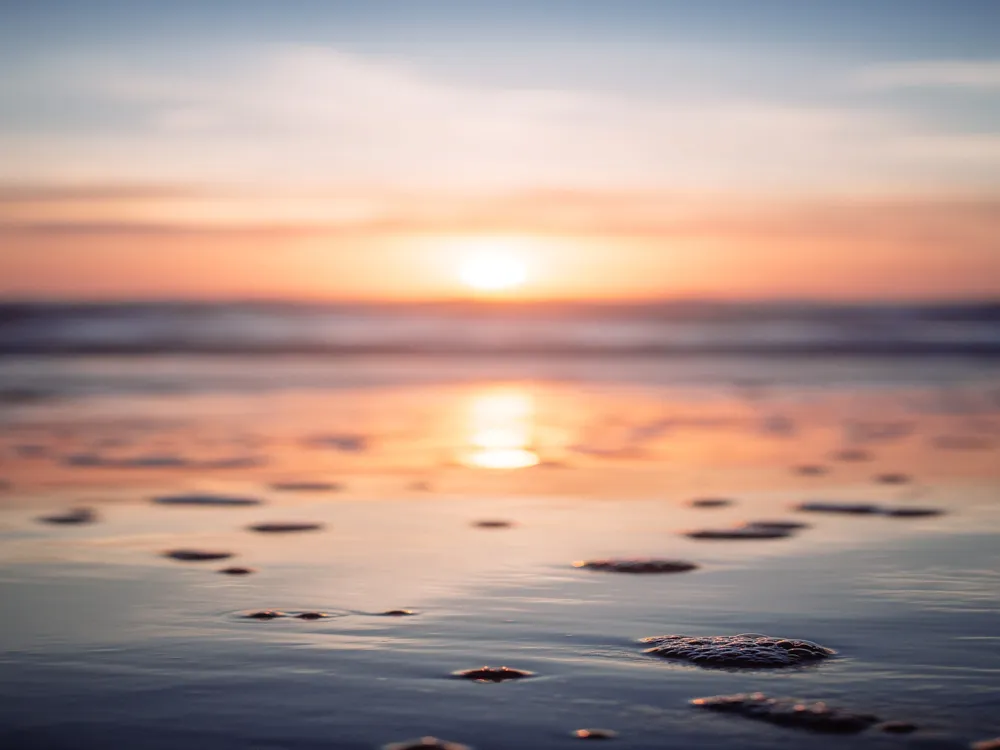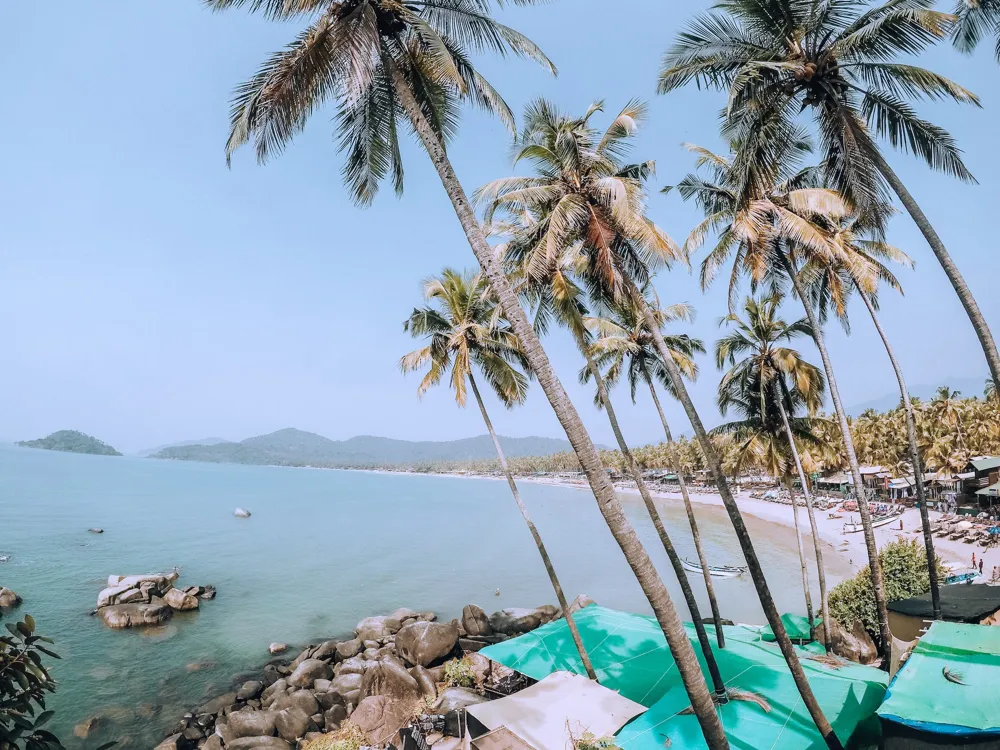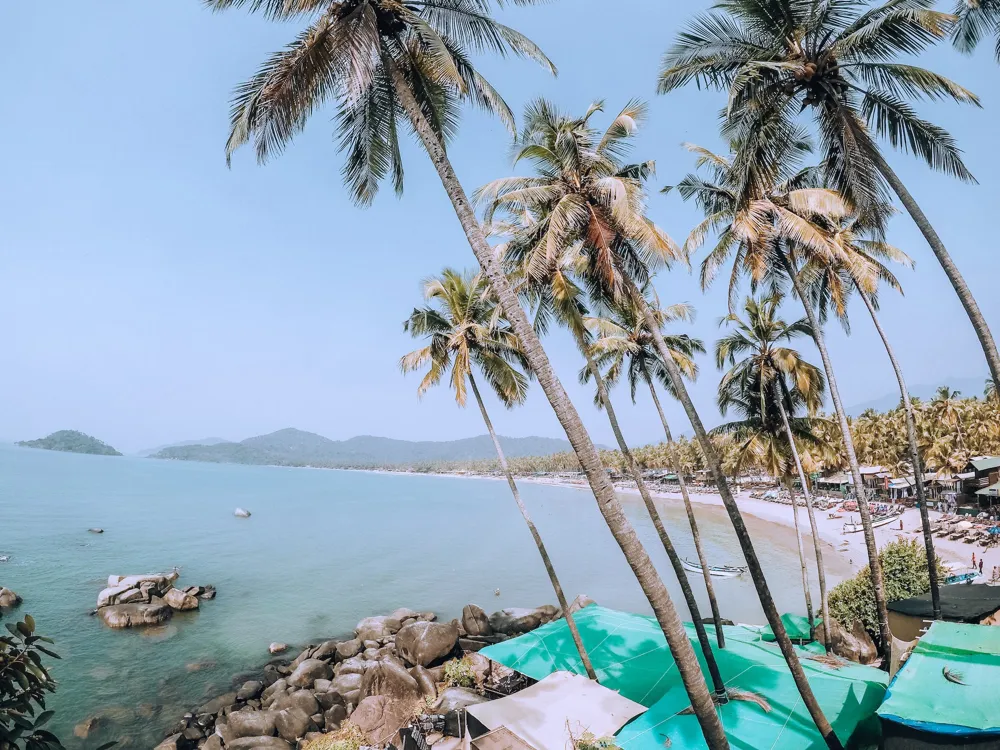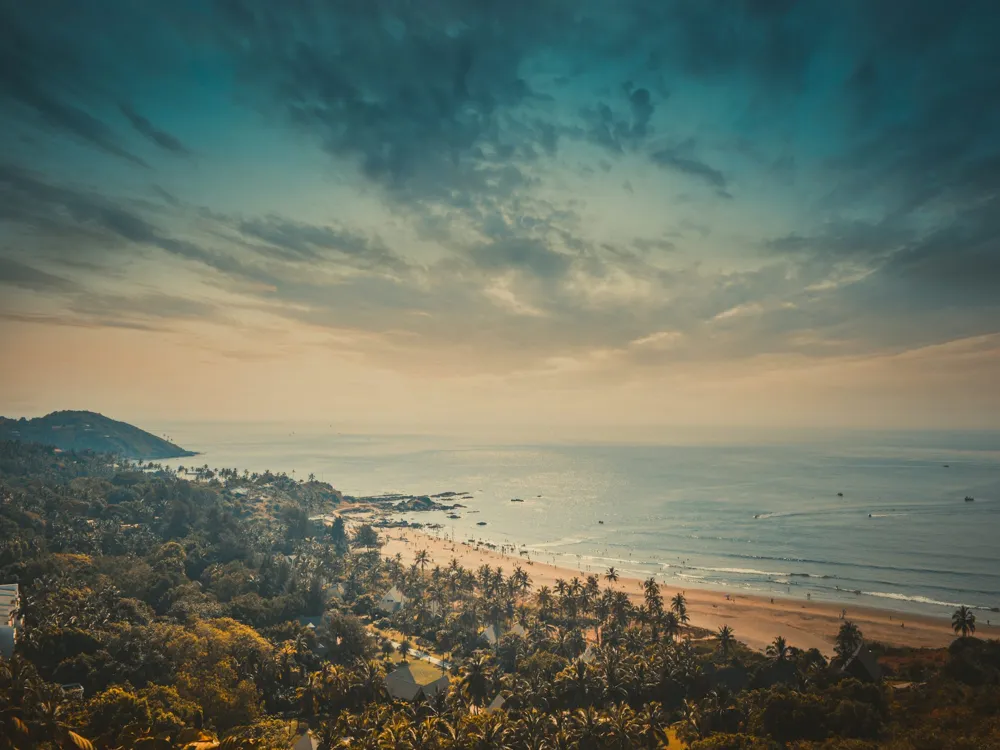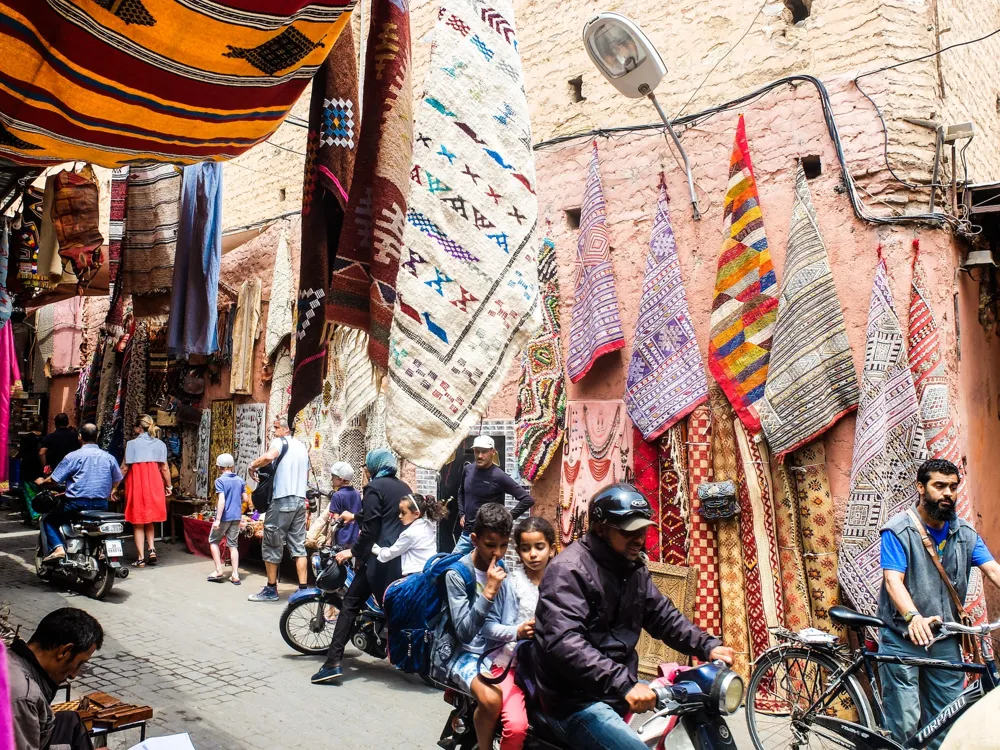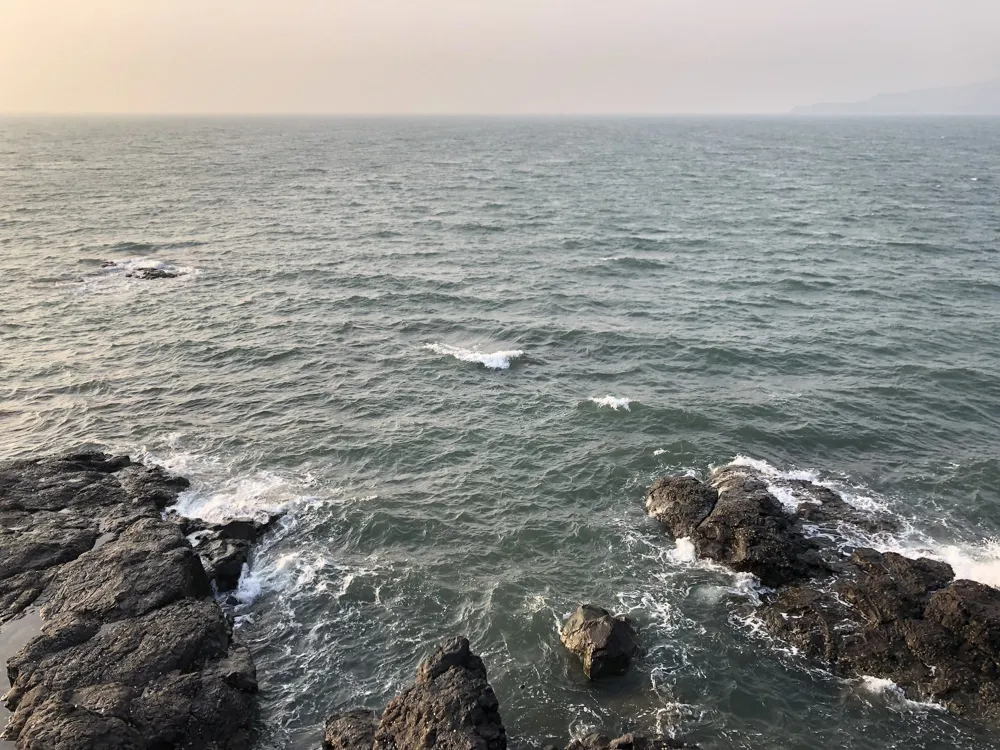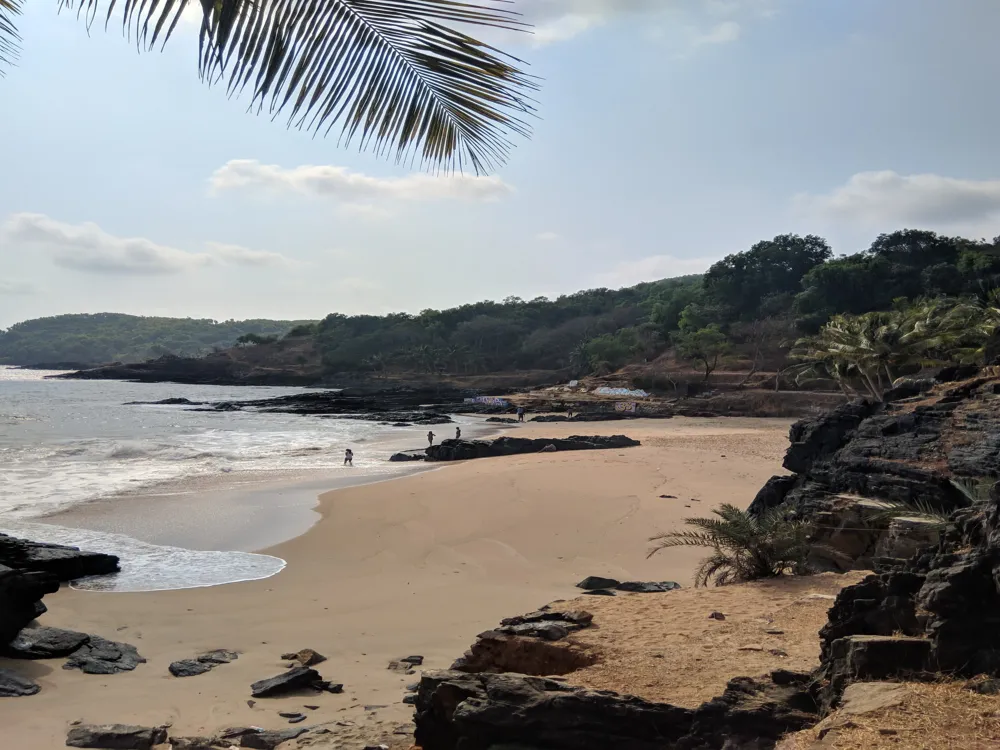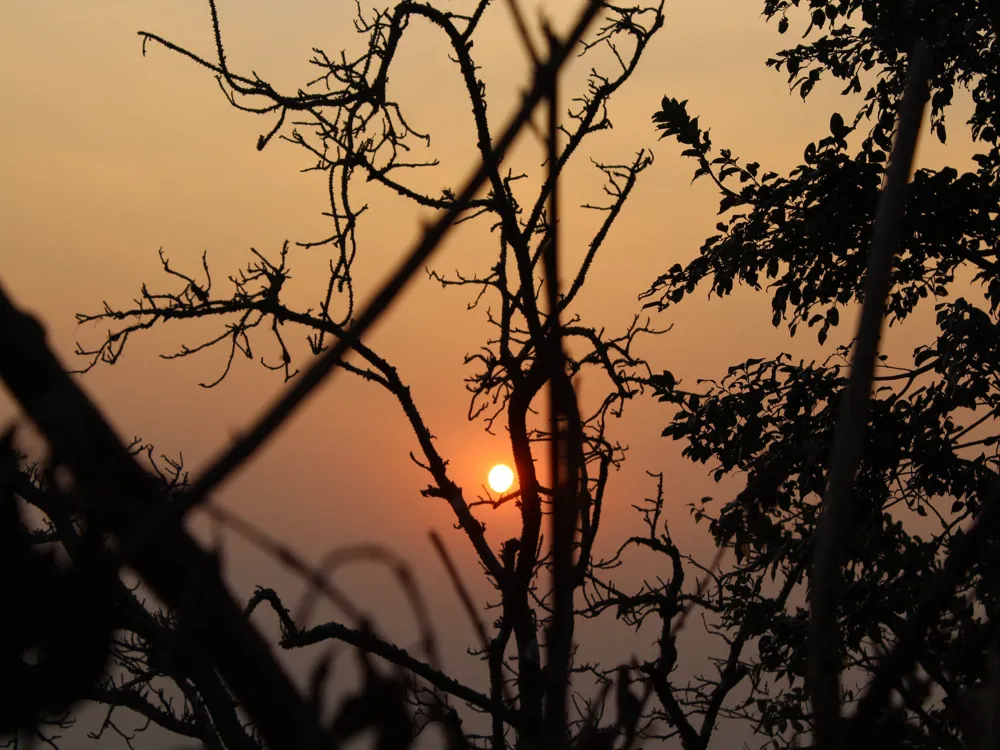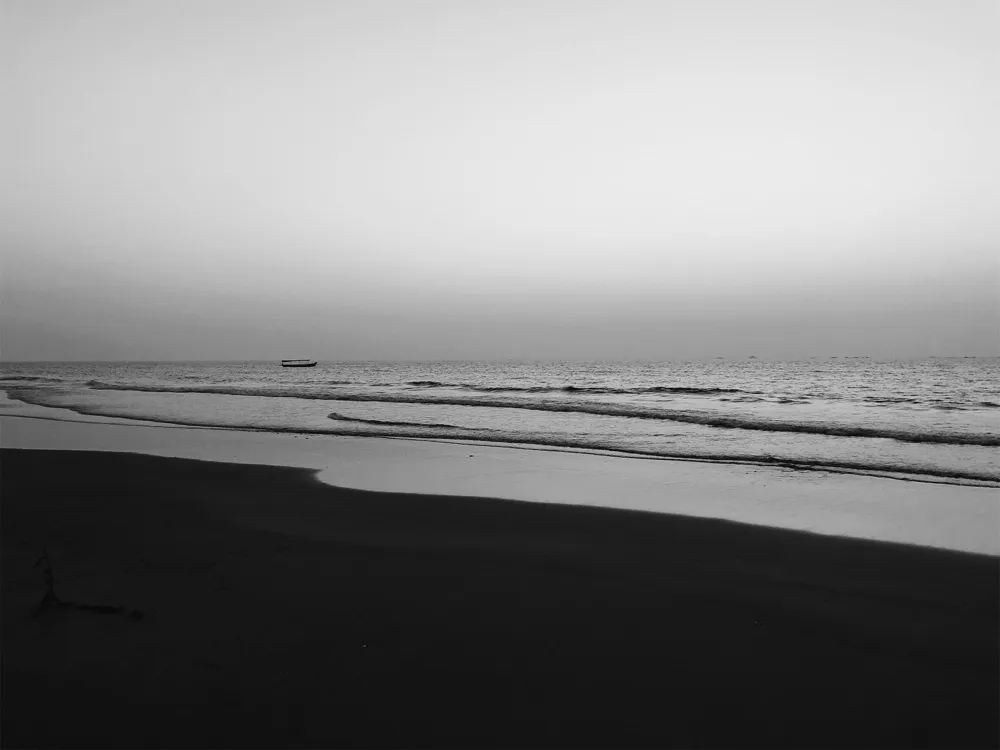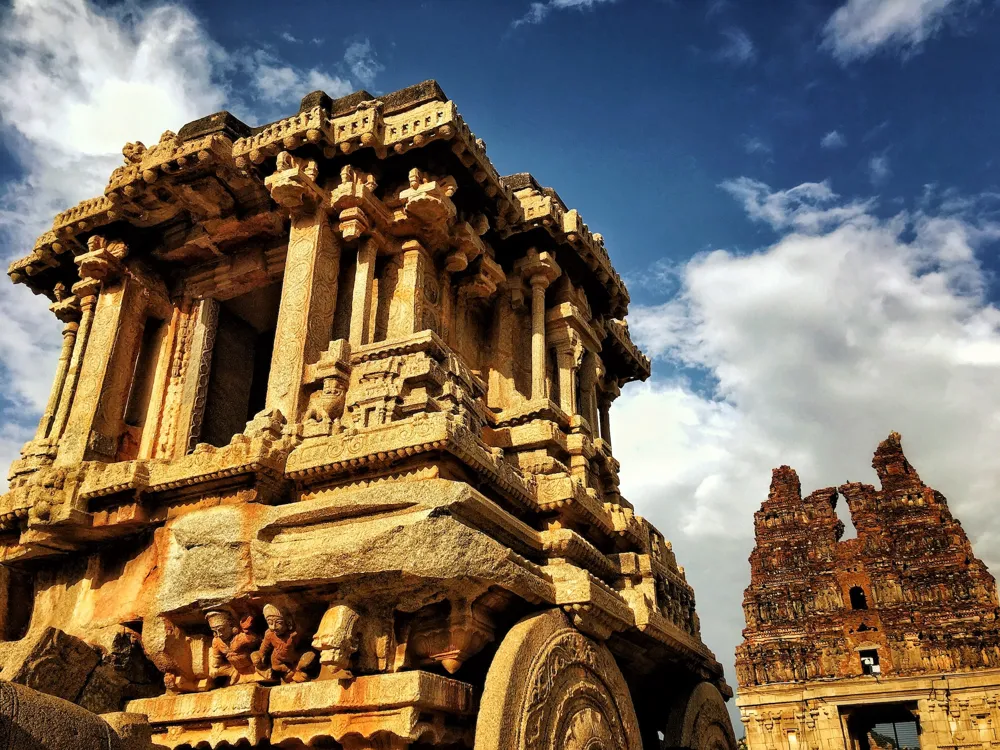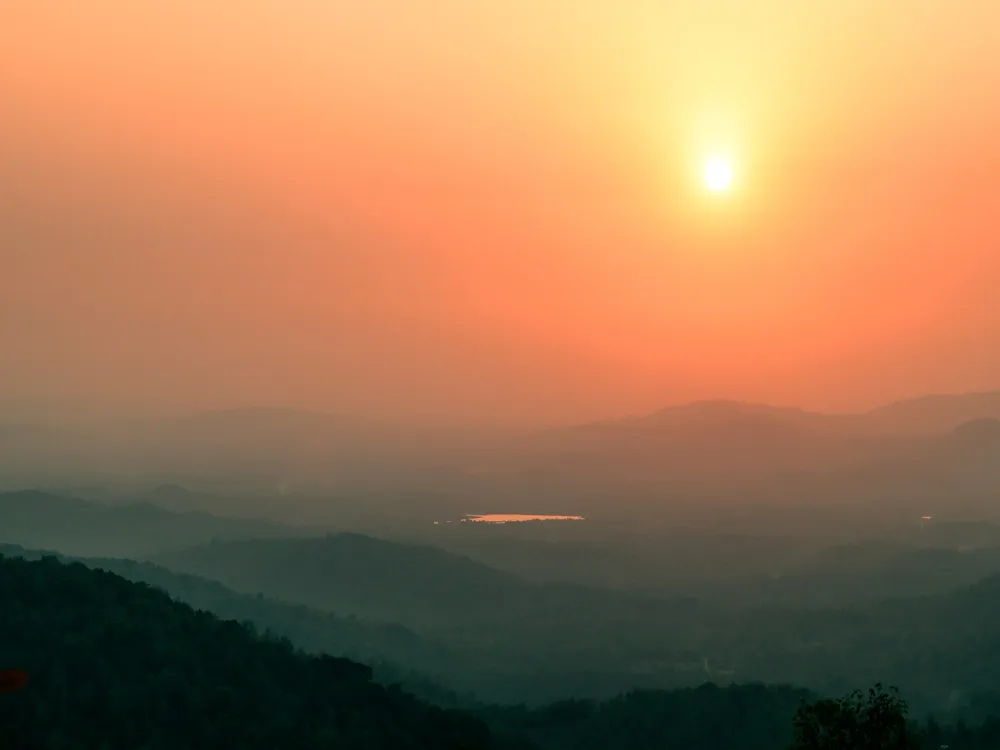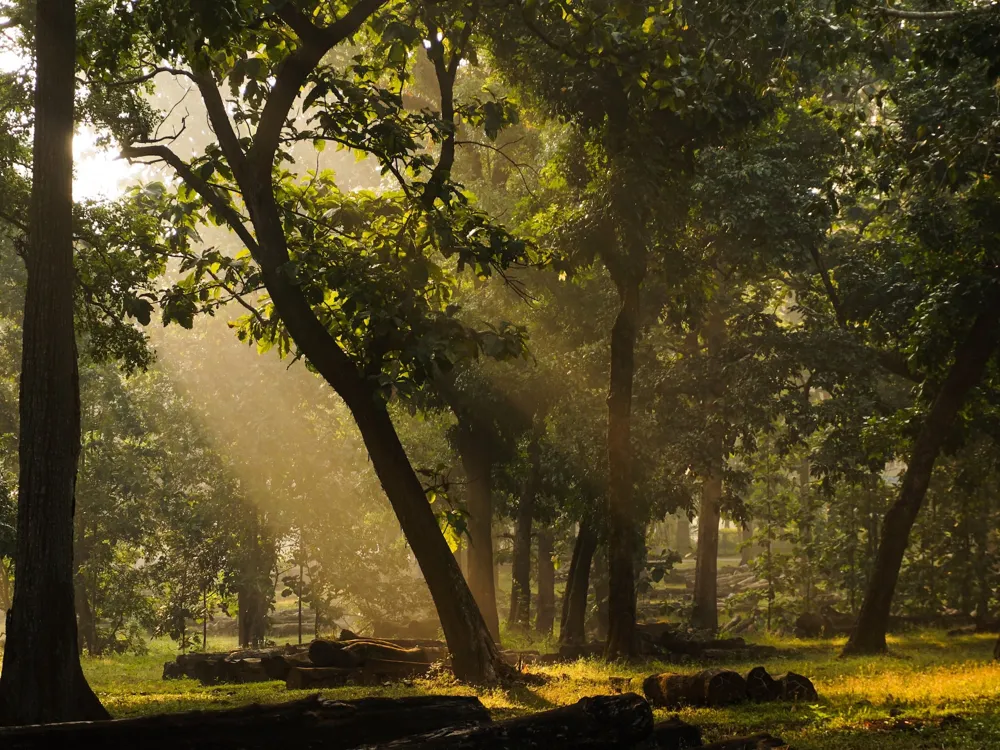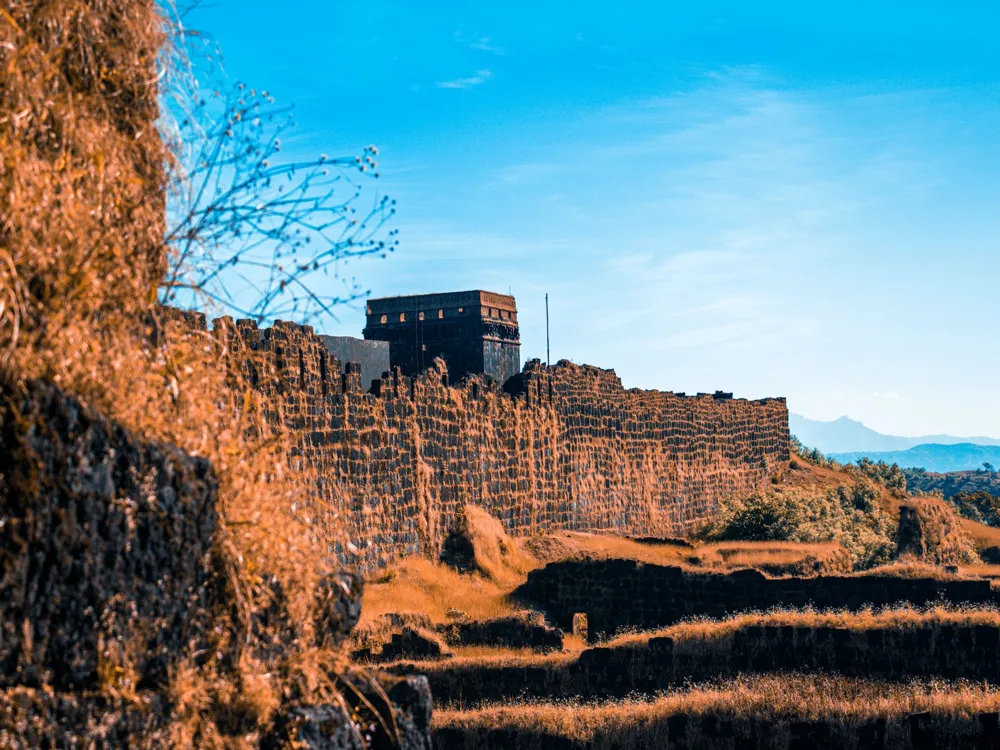The Rachol Fort, nestled in the scenic town of Madgaon in Goa, stands as a testament to the rich history and cultural diversity of this region. Originally built by the Bahamani Sultans in the 16th century, the fort was later occupied and revamped by the Portuguese, who turned it into a pivotal stronghold. This majestic fortification, although in ruins today, continues to attract history enthusiasts and travelers from around the globe, eager to explore its historical significance and architectural splendor. Spanning over several acres, Rachol Fort’s strategic location at the banks of the Zuari River played a crucial role in the defense mechanisms during various dynastic reigns. The fort’s imposing structure, comprising massive walls and intricate gateways, narrates stories of past battles and political intrigues. Despite its dilapidated state, the fort's remnants, including the remnants of the Church of St. John the Baptist and several ancient cannons, offer a glimpse into its glorious past. The architecture of Rachol Fort is a remarkable blend of various cultural influences, primarily the Bahamani and Portuguese styles. Its design showcases the typical military architecture of the 16th century, with sturdy laterite walls and bastions designed to withstand sieges and attacks. The fort's layout reflects a strategic design aimed at providing the best defensive positions against invaders. The main entrance, flanked by towering bastions, leads into a complex of buildings with distinct architectural features. Intricate carvings, baroque-style windows, and arched hallways depict the Portuguese influence, while the overall fortification techniques and the use of laterite stone highlight the Bahamani architectural style. The Church of St. John the Baptist within the fort complex is a fine example of the fusion of these architectural styles, featuring elements like a vaulted ceiling and ornate altar, characteristic of the Portuguese ecclesiastical architecture. The ideal time to visit Rachol Fort is between November and February, when the weather in Goa is pleasantly cool and conducive for outdoor activities. Avoid the monsoon season, as heavy rains can make the fort's terrain slippery and challenging to navigate. Comfortable, breathable clothing is recommended when visiting Rachol Fort, owing to Goa's tropical climate. Sturdy footwear is a must, as the terrain inside the fort can be uneven and rugged. For photography enthusiasts, the fort offers numerous picturesque spots. Early morning light provides the perfect natural lighting for capturing the fort's majestic beauty. Remember to bring extra batteries and storage cards. Rachol Fort is easily accessible from Madgaon, the nearest major town. Visitors can opt for public transport like buses or hire taxis to reach the fort. For those driving, the fort is about a 30-minute drive from the center of Madgaon, with ample parking space available near the fort's entrance. Additionally, guided tours are available, which not only provide transport but also enrich the experience with historical insights about the fort. Read More: Overview of Rachol Fort in Madgaon, Goa
Architecture of Rachol Fort
Tips When Visiting Rachol Fort
Best Time to Visit
What to Wear
Photography Tips
How To Reach Rachol Fort
Rachol Fort
Madgaon
Goa
NaN onwards
View goa Packages
Weather :
Tags : Forts & Palaces
Timings : 8:00 AM - 6:00 PM
Time Required : 1 - 2 hrs
Entry Fee : No Entry Fee
Planning a Trip? Ask Your Question
Goa Travel Packages
View All Packages For Goa
Top Hotel Collections for Goa

Private Pool

Luxury Hotels

5-Star Hotels

Pet Friendly
Top Hotels Near Goa
Other Top Ranking Places In Goa
View All Places To Visit In goa
View goa Packages
Weather :
Tags : Forts & Palaces
Timings : 8:00 AM - 6:00 PM
Time Required : 1 - 2 hrs
Entry Fee : No Entry Fee
Planning a Trip? Ask Your Question
Goa Travel Packages
View All Packages For Goa
Top Hotel Collections for Goa

Private Pool

Luxury Hotels

5-Star Hotels

Pet Friendly







